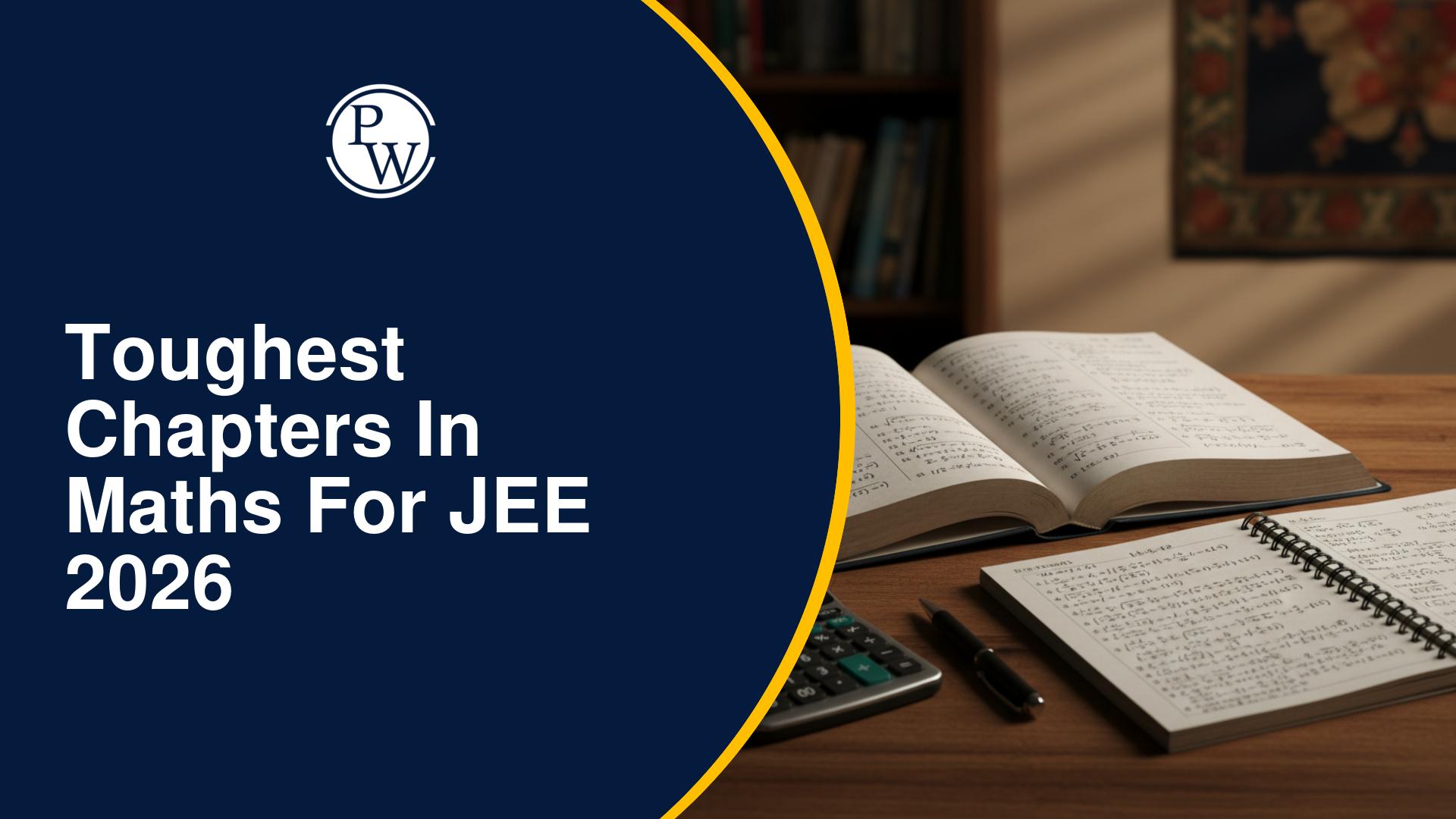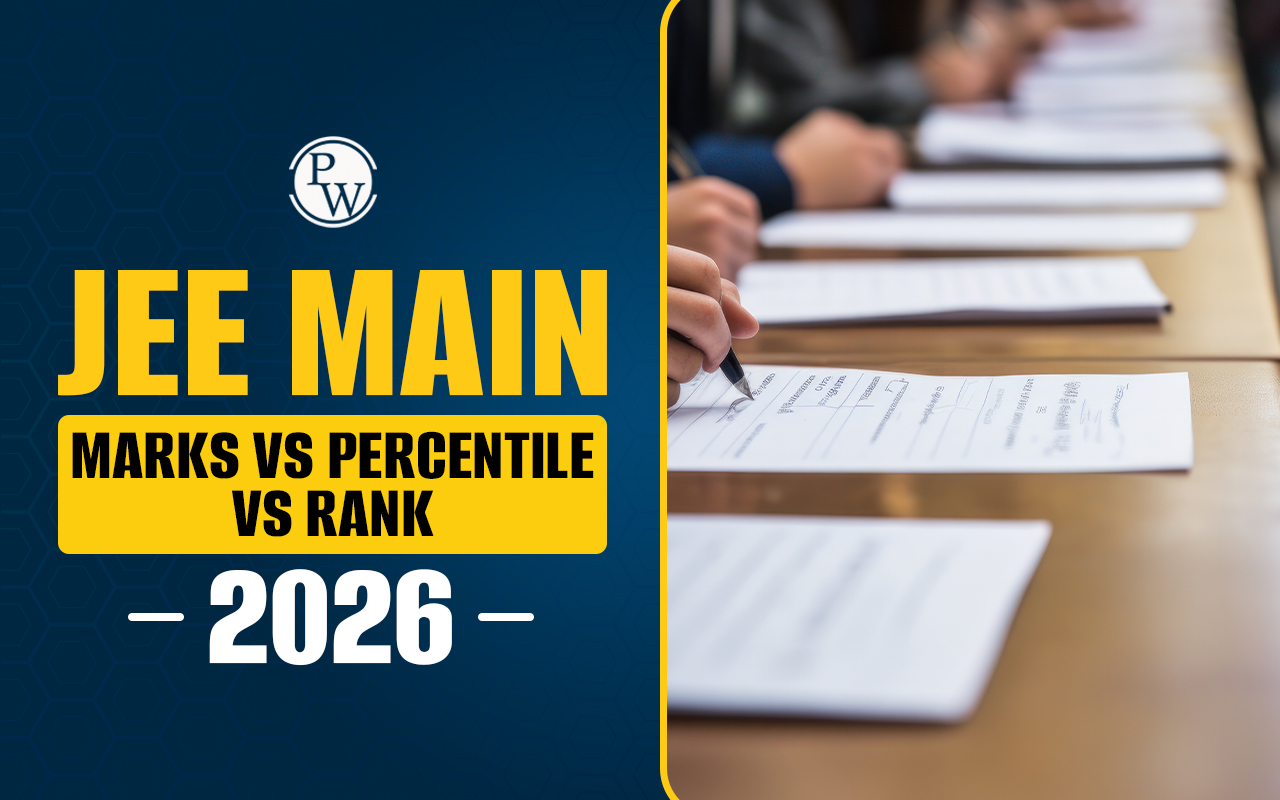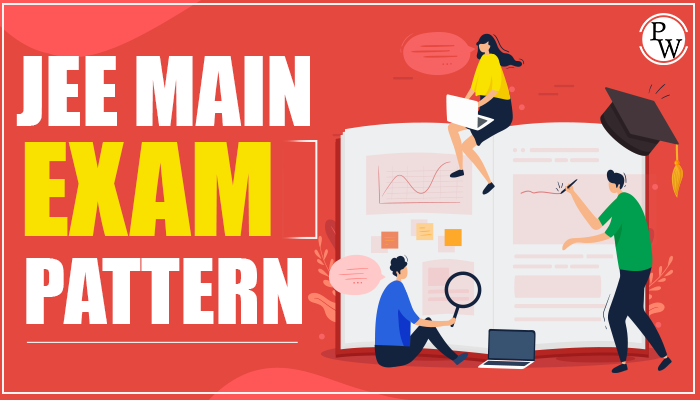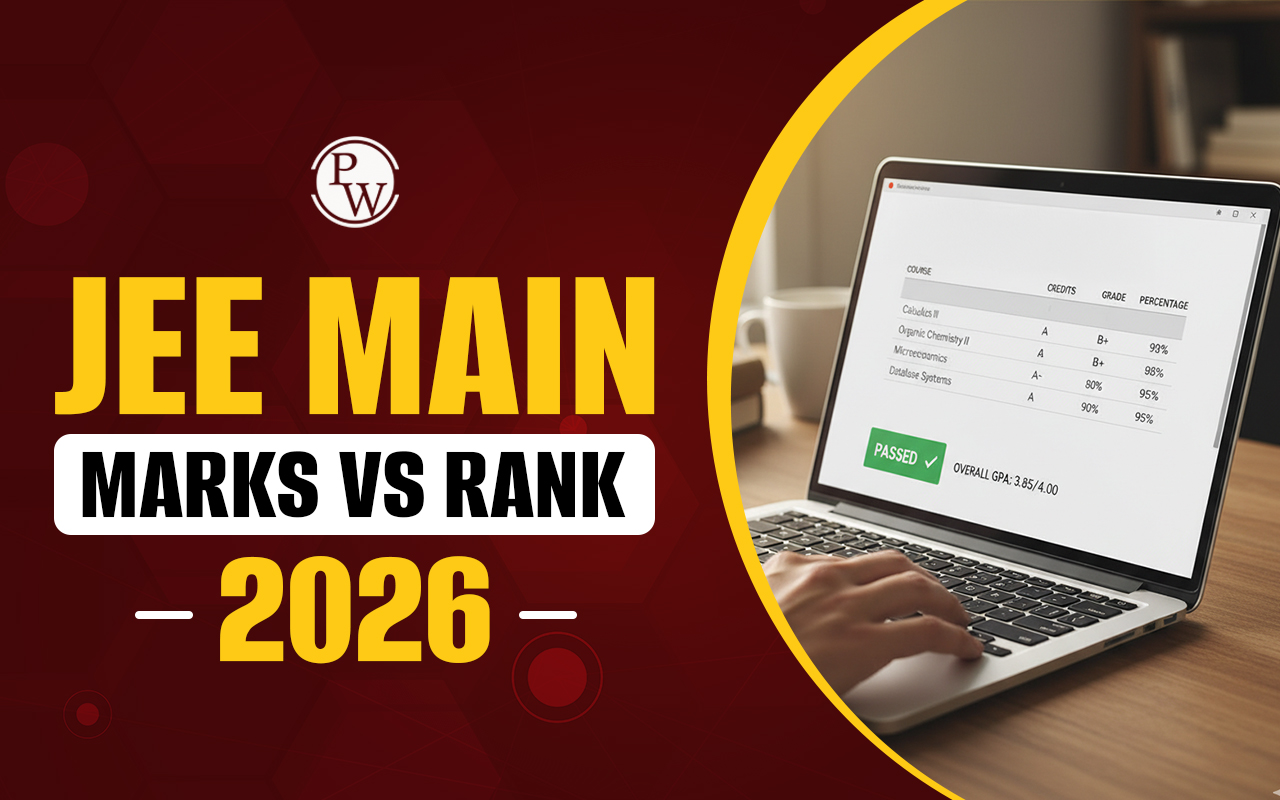
Electric Charge : If we rub our hair with a plastic ruler for a small duration, we see that the ruler attracts small bits of paper. Do we know the reason behind this? In order to understand such phenomena, we need to understand the basic property of matter named charge.
Electric Charge
What Is Electric Charge : A property of matter due to which it produces and experiences electric and magnetic effects is called a charge. Charges arise in an object due to the excess or deficiency of electrons.
The SI unit of charge is Coulomb (C).
Some practical units of charge are Ampere hour (= 3600 C) and Faraday (= 96500 C)
Types Of Electric Charge
Types of Electric Charge : There are two types of charges – positive and negative. An object acquires a positive charge by losing some electrons while it acquires a negative charge by gaining some electrons.
A fundamental characteristic of charge is that like charges repel and unlike charges attract each other.
Basic Properties Of Electric Charge
1. Additivity of charge: When we combine many charges, the total final charge of the system is obtained by the algebraic sum of individual charges. For example, if we combine +4C, –3C and +5C the final charge of the system will be +6C.
2. Conservation of charge: The total electric charge (i.e., the algebraic sum of individual charges) in an isolated system remains constant regardless of time. That means, the charge is conserved.
3. Quantization of charge: Continuous values of electric charges are not possible, only discrete values are possible. The charge of an electron, e = –1.6 × 10 –19 C, is the smallest value of the electric charge. All the charges in this universe will be integral multiples of e .
q = ne
where n is an integer.This is called the quantization of charges. Further division of e is not possible. i.e., 2 e is possible while 2.5 e is not possible.
Methods Of Electric Charging
A process by which charge is introduced to an object is called charging. There are three methods of charging
1. Charging by friction: While rubbing one object with another, electrons get transferred from one object with a lower work function to that with a higher work function. The object gaining electrons becomes negatively charged while the object losing electrons will become positively charged.
2. Charging by conduction: When we bring a charged object in contact with an uncharged object, the uncharged object will become charged due to the transfer of electrons. The charge lost by the first object will be equal to the charge gained by the second object. The flow of positive charge will be from higher potential to lower potential while the flow of negative charge will be from lower potential to higher potential. If both objects are having the same potential, the charge won’t flow.
3. Charging by induction: When we bring a charged object near a metallic object, the charged object will attract the unlike charges and repel the like charges present in the neutral metallic object. Due to this, one side will become positively charged and the other negatively charged. We can avoid unwanted charges by connecting the respective side to the earth. After the transfer of unwanted charges, disconnecting from the earth will provide us with the object with the desired charge.
Examples:
1. If a charge on the body is –1nC, then how many electrons are present on the body?
Ans:
2. If 10 10 electrons are acquired by a body every second, the time required for the body to get a total charge of 1C will be
Ans: 1 electron has a charge of 1.6 × 10 –19 C. 10 10 electrons would have a charge of q = ne = 1.6 × 10 –19 × 10 10 = 1.6 × 10 –9 C
Thus, in 1s, charge accumulated = 1.6 × 10 –9 C
So, time taken to accumulate 1C =Electric Charge FAQs
Q.1: What are the two types of charges?
Q.2: What are the three methods of charging?
Q.3: Do like charges attract?
Q. 4: What is the SI unit of charge?
Q.5: Is it possible to have 3.5e of charge?










